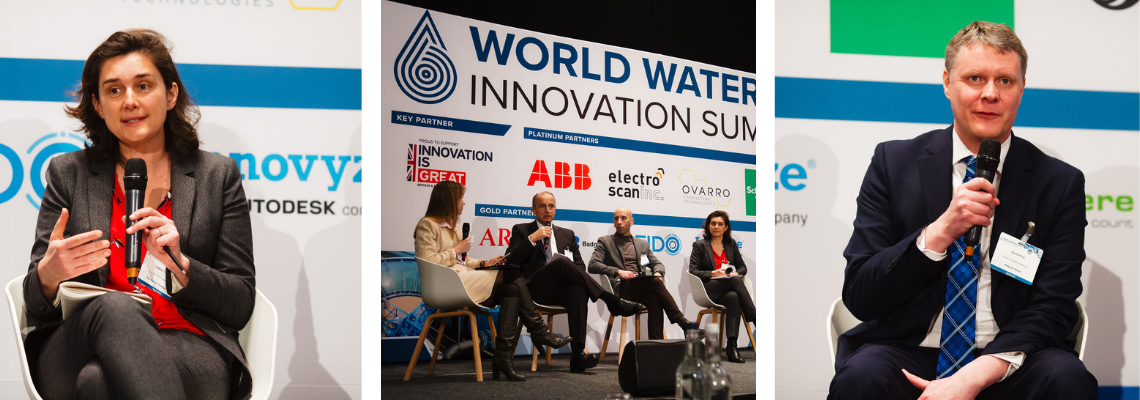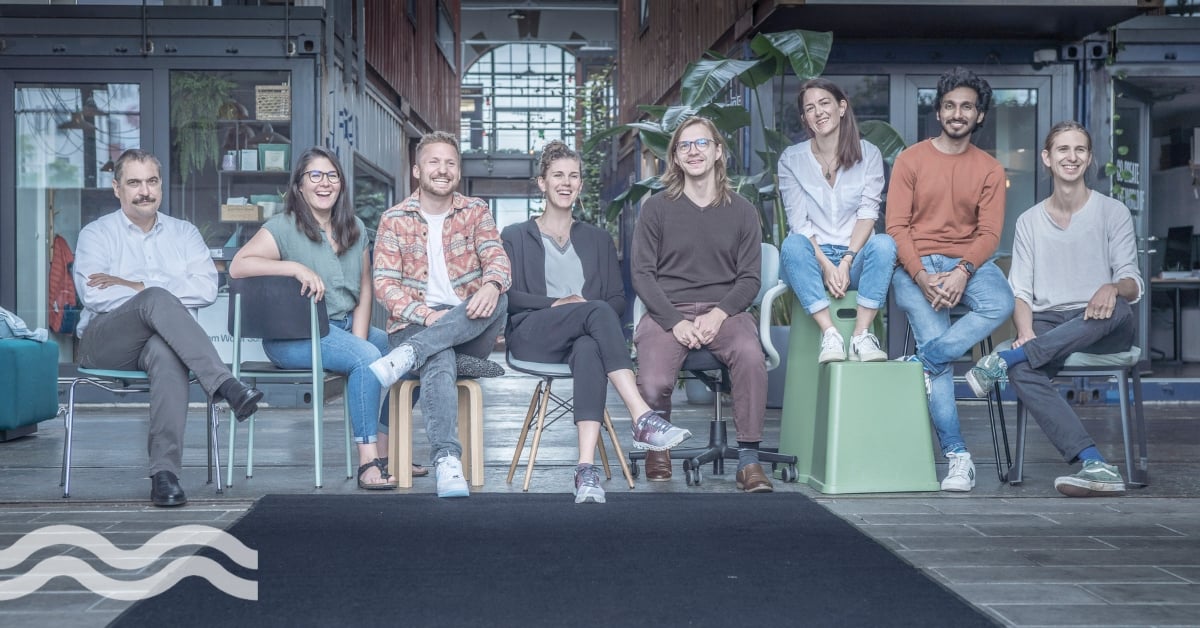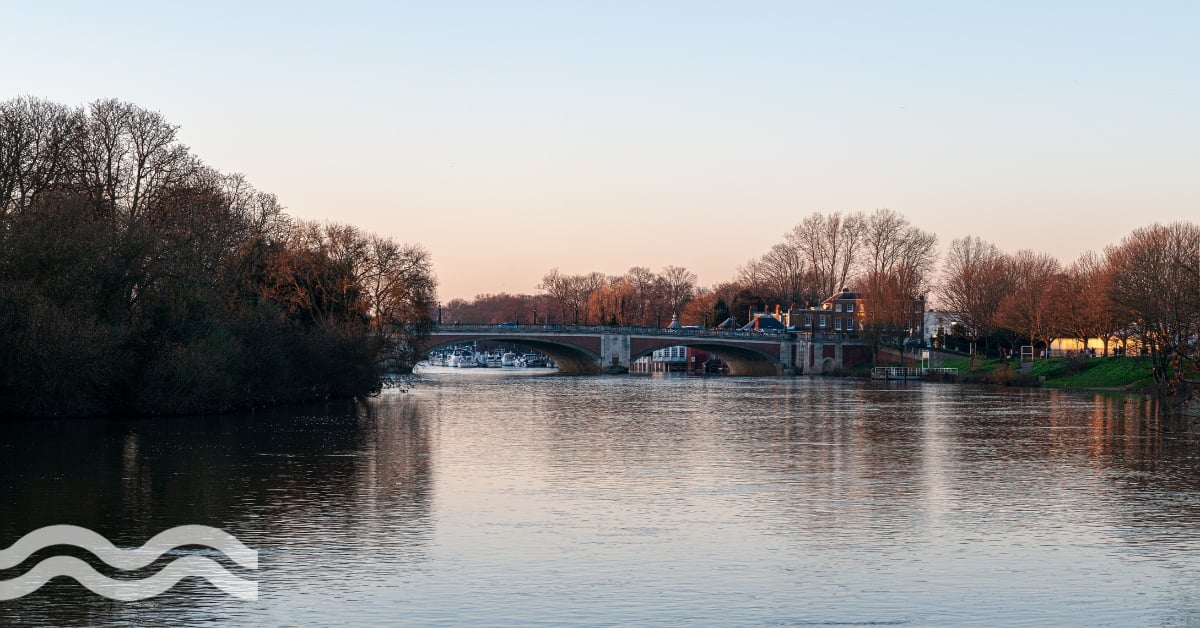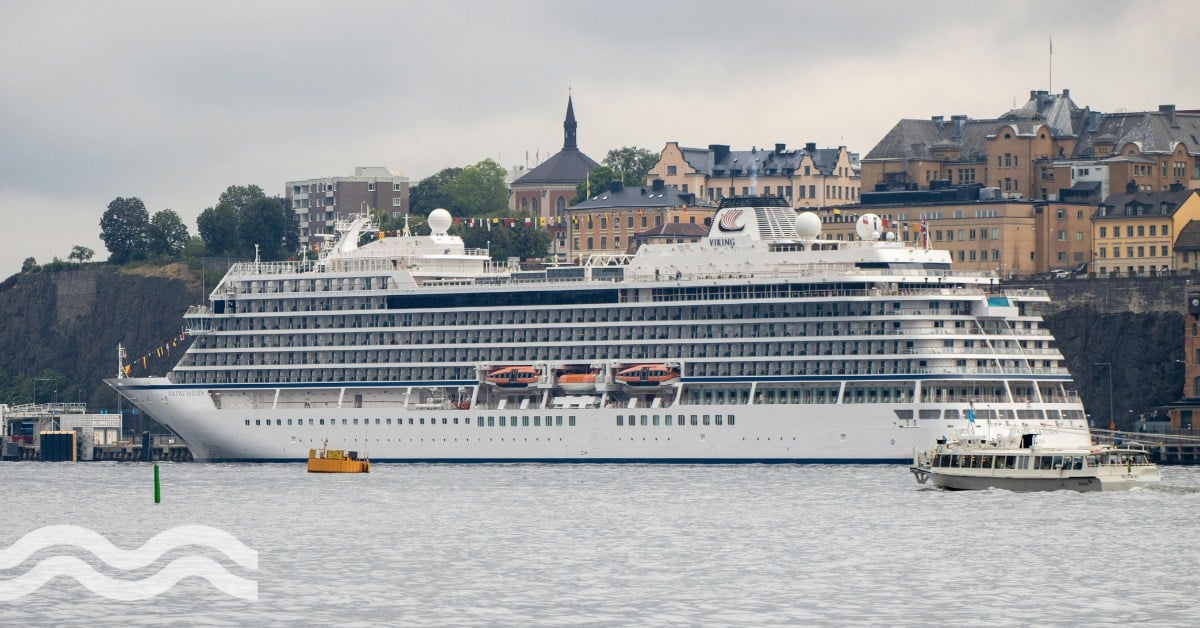
Net Zero ambitions can drive business efficiency, delegates to the recent World Water Tech Summit in London were told.
Unlocking a Net Zero future
Net Zero carbon ambitions can help to drive water utility business efficiency, a senior water expert has said.
Speaking to a packed room of over 300 delegates at this year’s World Water Tech Summit in London’s Bankside, David Riley, head of carbon neutrality from Anglian Water said organisations need to think about their purpose when they start their carbon journeys.
“Having the net zero objective drives business efficiency,” he said. “An effective carbon strategy not only reduces carbon but also reduces cost.”
Anglian Water set out a roadmap last summer detailing how the utility will reach net zero carbon by 2030. It was one of the first utilities to launch a sustainability-linked bond connected directly to achieving its interim carbon targets.
Riley said the utility is investing in solar energy, biogas to grid and other energy supply innovations, yet the real challenge will be centred around process emissions, for example nitrous oxide and methane.
“Climate change adaptation is where there’s real opportunity,” he added.
A warning to all polluters
Sir James Bevan kickstarted the event with a warning to all polluters.
The chief executive of UK regulator the Environment Agency (EA) drew attention to “three myths”, including “water quality is the EA’s fault”. He gave a stark warning to “major polluters” that they need to clean up their act.
Speaking virtually after the aftermath of Storm Eunice, Bevan’s speech followed the damning report from the Environmental Audi Committee (EAC) that showed all rivers in England are polluted to some degree.
“We can avoid the jaws of death by reducing water demand.”
He said that agriculture and farming do as much damage to rivers than water companies, and that “polluters” also include individuals flushing wet wipes.
Commenting on water quantity challenges, he said that the country can avoid the “jaws of death by reducing demand”.
The message echoed the chief executive’s ‘call to arms’ to the water sector the previous year to “play a central part in helping to design a more resilient future”.
Looking ahead, he suggested a mechanism that would see fines paid by polluters used to help clear up environmental pollution and that “higher penalties need to deter the heavy polluters from reoffending”.
In a following high level panel debate, the theme of “net zero” and water’s role in adaptation against the impacts of climate change carried throughout.
Nature-based solutions were cited as ways to combine water and climate resilience. However, Sophie Tremolet, Europe freshwater director from the Nature
Conservancy (TNC) said “investments into nature-based solutions have been limited to date due to a lack of finance and regulatory drivers”.
The true value of water
Addressing creating a circular water economy with potable reuse technology, engineering consultancy Stantec’s Art Umble gave an update on water reuse opportunities in North America.
“Water reuse is a strategy to help with the mitigation of tomorrow,” he said.
Reiterating the often-cited challenge with reuse – convincing the public over the merits of direct potable reuse – he said when industry and organisations’ “backs are to the wall…people will pay any price for water and then it gets down to the true value of water”.
Umble referenced the OneWater Nevada project, a regional collaborative effort to research water supply options and advanced treatment technologies.


